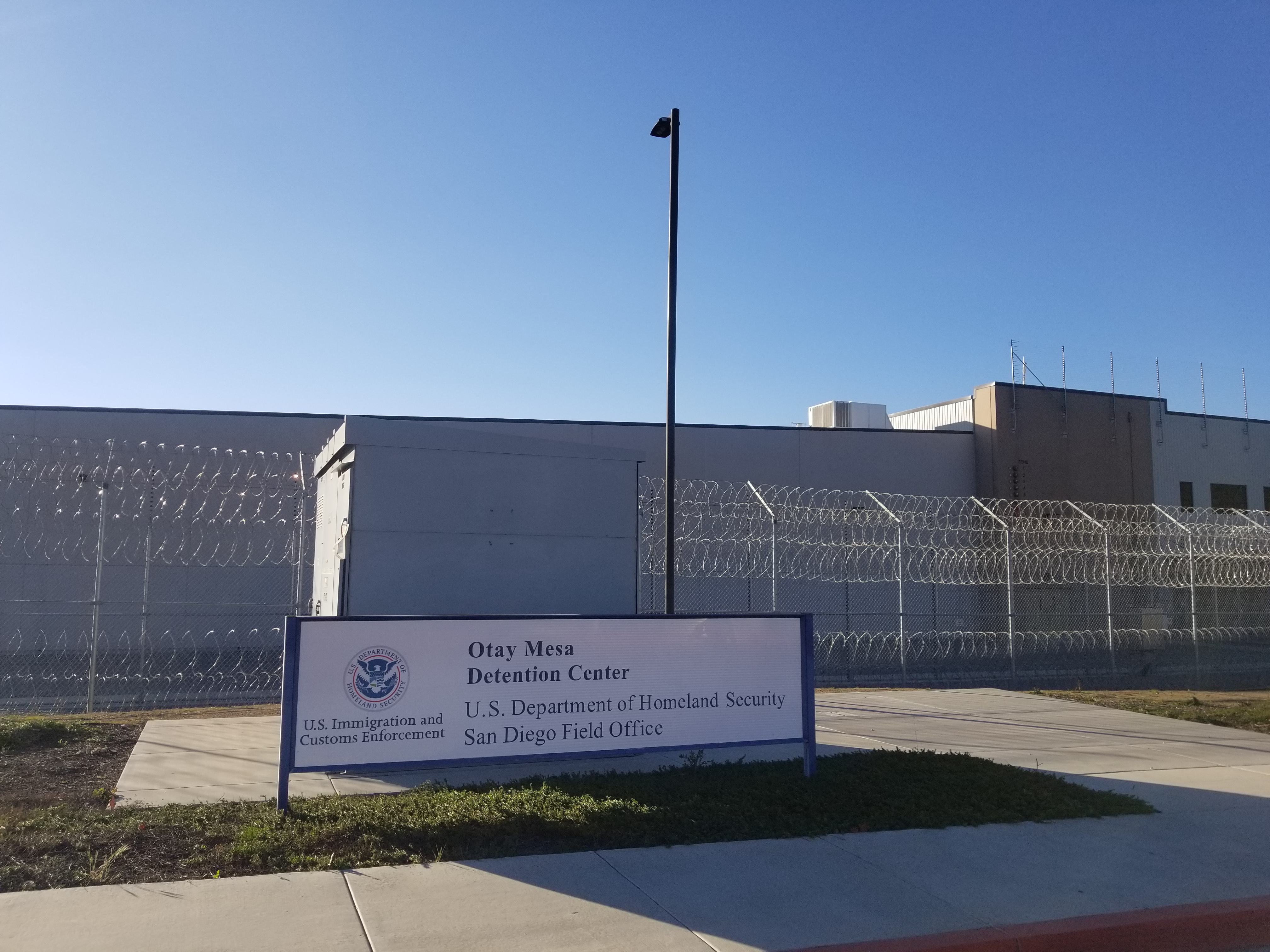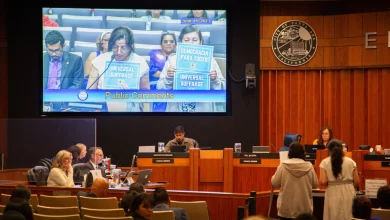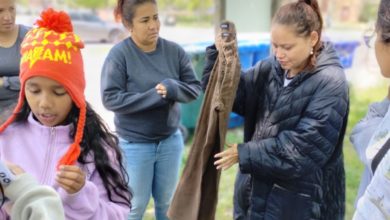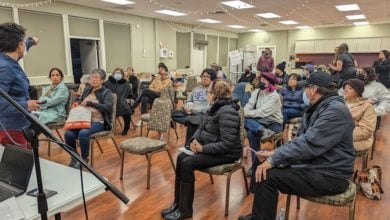As of Jan. 26, there were 105 prisoners in isolation for COVID-19 at the Otay Mesa Detention Center, a migrant concentration camp that is privately owned by a billion dollar private prison operator called CoreCivic. The Jan. 26 figure breaks the previous record of 91 set on Jan. 10.
Both recent tallies are double the previous high of 44 in July 2021. These cases account for around 10% of ICE prisoners at the facility according to the American Civil Liberties Union of San Diego and Imperial Counties. At the moment, the Otay Mesa Detention Center is facing a lawsuit brought on by the ACLU over the horribly unsafe and unsanitary COVID-19 protocol in the facility.

On Jan. 26, Liberation News spoke with Hever Alberto Mendoza, a Salvadoran migrant currently incarcerated inside the Otay Mesa Detention Center.
Mendoza suffers from a medical condition that has worsened since his incarceration and he spoke to us about his struggle to receive medical attention. At night, Mendoza’s condition causes breathing difficulties. Recently he began coughing up blood.
When this first happened, Mendoza alerted the guard for medical attention, but only got the attention of a nurse. They provided him with an oxygen tank, water, and a wheelchair and he was told to “relax, drink water, and rest.”
Mendoza shared that prisoners were asked to decontaminate COVID-positive areas in exchange for a soda and pizza. They were given gloves and a disposable mask. “They don’t have the capacity to disinfect units,” Mendoza said.
People at the Otay Mesa Detention Center and facilities across the country are being placed in dangerous environments for weeks and months during a global pandemic. Medically vulnerable prisoners are especially at risk.
The facility’s prisoner population is more than twice what it was a year ago. Some simple solutions to overcrowding during a pandemic include decarceration, or the release of prisoners, and decreasing population density.
Notably, Otay Mesa Detention Center keeps little-to-no data on testing and vaccination rates of prisoners.
Mendoza shared that it is nearly impossible for prisoners to obtain information regarding water inspections, COVID rates, and even outside news materials. Whenever CoreCivic has inspections, the staff is told preemptively. As Mendoza said, they “have enough time to prepare.”
The inspections are not thorough, as they routinely fail to check the medical area, the units and the bathrooms.
However, there are organizations and people inside and outside Otay Mesa that are fighting back, such as the Free Them All coalition. Free Them All is a group of organizations and activists in the San Diego-Tijuana area that are committed to closing all migrant concentration camps.
Free Them All participants include Detention Watch, Otay Mesa Detention Resistance, Armadillos Search and Rescue, American Friends Service Committee, the Party for Socialism and Liberation and others. Free Them All will be hosting an online letter writing event on Feb. 12 to show love and solidarity with individuals that are incercerated at the Otay Mesa Detention Center.
Follow @FreeThemAllSD on Instagram for updates on the campaign to shut down Otay Mesa Detention Center.
Featured image: Otay Mesa Detention Center from the outside. Liberation photo






